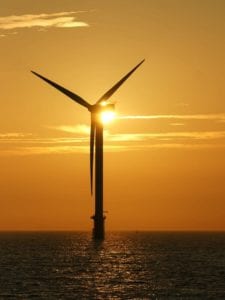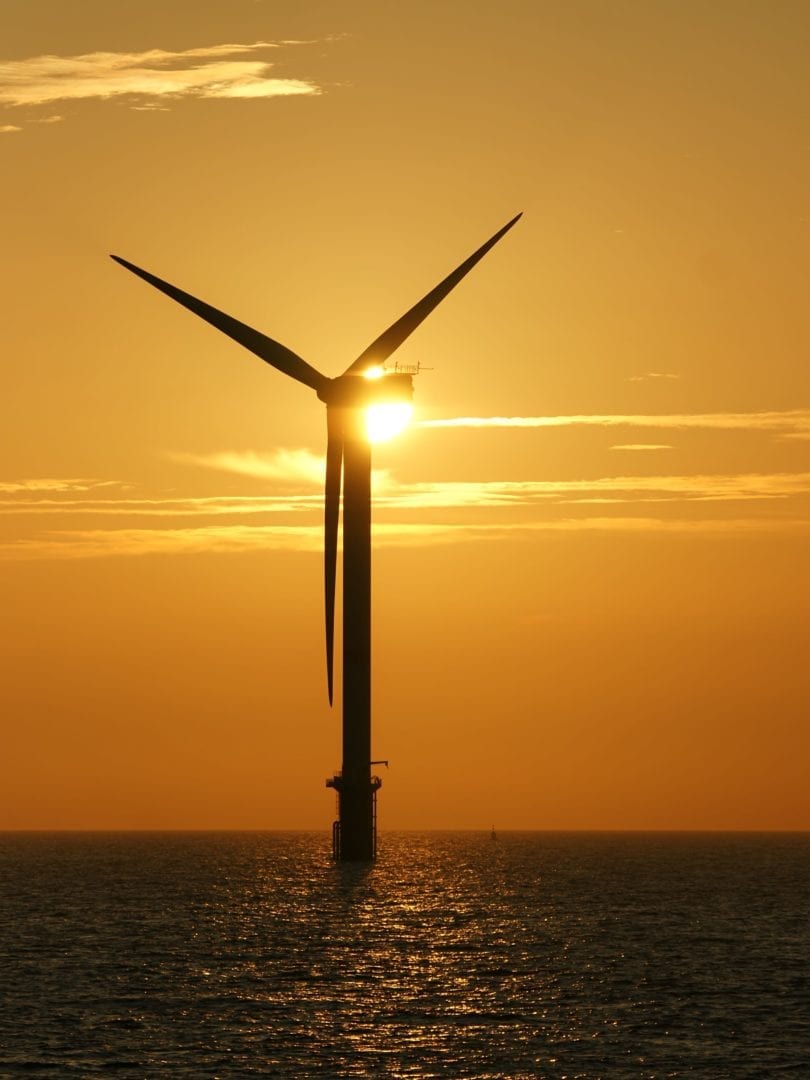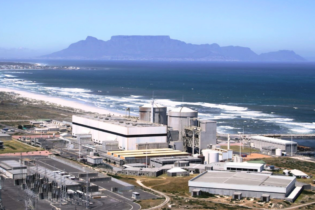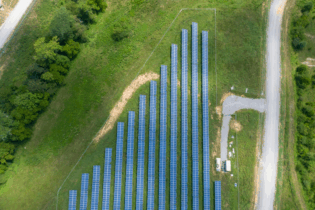All the ruling meant was that the process to date did not follow the correct channels. “It is now up to government to ensure a transparent and democratic process occurs going forward to truly determine the need for nuclear energy in SA,” Cooke said.
This means that government would have to open up the process to the public. This would entail a series of public hearings before a new nuclear programme can begin. Energy experts have also said that international agreements would have to be analysed by parliament. However questions remain as to whether the country can afford the programme especially since electricity security has improved tenfold. This security is due to the contribution of independent power producers (IPPs) who have, through many forms of renewable energy, contributed to South Africa’s national power grid.
The South African government may be appealing a recent High Court judgement that declared its nuclear deal with a Russian company as invalid. This was according to energy minister Mmamoloko Kubayi on Tuesday.
South Africa and Russia signed an Intergovernmental Agreement (IGA) in 2014 agreeing to the cooperation between Rosatom and Eskom, which aims to build 9,600 MW of nuclear energy capacity. This was a plan to help decrease the country’s dependency on coal.
One of the court findings was that government had not followed the correct process when making decisions to pursue the option of nuclear power.
The case, which was heard in the Cape Town High Court, was brought by Earthlife Africa and the Southern Africa Faith-Communities’ Environmental Institute. Their argument challenged the manner in which government determined South Africa’s nuclear energy needs.
Judge Lee Bozalek found that government acted unconstitutionally and that it made five illegal decisions. The decision to go ahead with the nuclear programme was one of them, and handing over the programme’s procurement process to Eskom was another.
The latter resulted in Eskom issuing a request for information from nuclear vendors which was also ruled as invalid.
Brenda Martin, chair of the South African Renewable Energy Council (SAREC) said she thought the ruling was confirmation of a healthy democracy. “If evidence from practice is considered alongside the nuclear judgement, the conclusion is simple – nuclear power makes no rational sense,” she said.
However, whether nuclear energy is a bad choice for the country still remains to be seen. This was according to Penny Jane Cooke, climate and energy campaigner at Greenpeace, who said courts have not yet passed a judgement on this.








